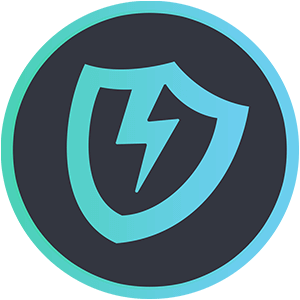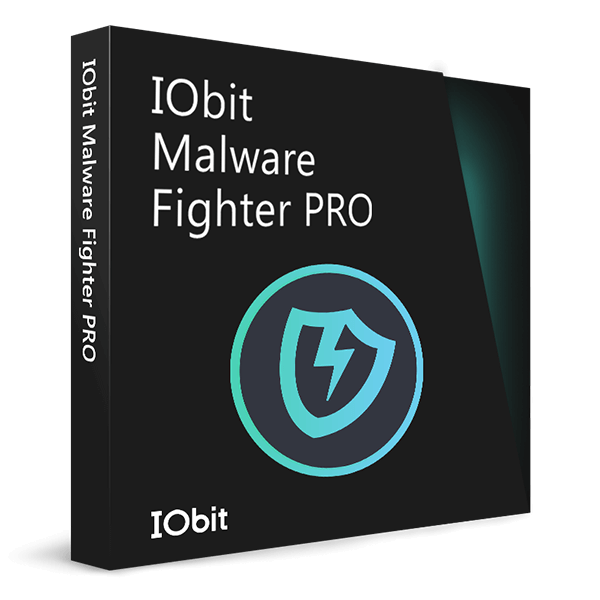- Support Center
- Multiple Languages
- Language
- Help Us Translate
Expert in
PC Health Solution

All-in-one PC health solution: clean, optimize and secure

Comprehensive PC cleaning, optimization and protection

Keep drivers always up-to-date

More stable performance with less system crashes

Protect millions of computers against malware

Top computer security with full-round protection

Protect against viruses & boost PC performance
Easily removing unwanted programs & leftovers
Automatically keep your software up-to-date
Quickly check system information and PC specs
Never worry about data theft or privacy leaks
Maximize hard drive optimization for faster PC
Enjoy a Faster and More Secure Mac
Create a high secure, random password to protect the security of you
*Please keep properly the generated password.
 The generated password is not stored and sent via network
The generated password is not stored and sent via network Automatically exclude ambiguous characters like I, l, O, and 0
Automatically exclude ambiguous characters like I, l, O, and 0



Password is the simplest and most powerful security tool, which can protect our personal information and wealth. Not only do we care about passwords, but many hackers are staring at your passwords. Therefore, create a secure password to dominate your information security. The IObit online password generator uses the SSL protocol, the created password is not stored on the IObit server, and the password is not sent over the network. In addition, the advanced intelligent algorithm breaks through the traditional character arrangement and combination. The generated random password is very complex and contains a variety of characters (including numbers, symbols, and letters), which greatly reduces the risk of cracking.

Guessing passwords is one of the most common ways for hackers to hack into your account. US Telecom giant Verizon's "Data Violation Investigation Report" states that 81% of hacker-related violations are related to password theft or weak password. “123456,password, iloveyou ..." is one of the passwords you have used, or the password you are using now, multiple accounts use the same password, use one password for more than 3 months, simple passwords and bad habits may expose security vulnerabilities to cybercriminals. On the contrary, a strong, random password will greatly increase the cost of hacking, which will force them to look for another target. The more difficult the password, the better it will protect you from financial fraud and identity theft.

The random passwords created by the password generator often are complex and difficult to remember for most people. So most people will use their ID card numbers, social security numbers, and so on in their passwords, but they have no idea their identity information has been completely disclosed online. So more and more people will tend to choose random passwords. Apply random passwords to answers of your security questions, you will better protect personal information; random passwords are used to Wifi password, you don’t need to worry about others occupy your network’s bandwidth, the random password’s application scenarios don’t stop there. The power of random password is that the function of the password generated by the random password generator is long enough and complicated, and it is less relevant to your personal information. So, using random passwords will greatly secure your accounts' security.
1. Do not use the same password for multiple accounts. If a hacker cracks one of your accounts to obtain a password, the other accounts may no longer be safe.
2. The password must be as long and complex as possible, at least 16 characters, and include uppercase letters, lowercase letters, numbers, and special symbols.
3. Don’t use your name, birthdates, ID card numbers, and any personal information in your password, even if the name of your families, friends and pets are not good choices to use in a password.
4. Avoid using weak and short passwords like 123456, password, qwerty, iloveyou, these commonly used words are recognized as the worst passwords, if you use any of them, hackers will crack your accounts effortlessly. Obviously, with the prevalence of brute force and dictionary attacks and the dramatic improvement of computer performance, these passwords are vulnerable to hackers.
1. Don’t write down your passwords. Usually, users will write down the passwords in their notepads or sticky notes to ensure they will not forget that. If users do this at home, it will be safer. But if the password is recorded in the working environment, it will undoubtedly increase the risk of leakage.
2. Don’t feel free to change passwords, though many professional suggestions have shown it’s a good habit to change passwords regularly(like 1 month, 3 months, half a year and so on). However, a recent study by the US Federal Trade Commission (FTC) has shown that changing passwords regularly is annoying and makes them even easier. According to a survey, 46% of modified passwords are more likely to be guessed by hackers. So our latest advice is that don’t feel free to change your complex passwords unless you think it has been leaked.
3. If you often use PC in an office or public place, it is recommended that you do not save the password in a web browser (Chrome, Firefox, Safari, Opera, IE), because the password stored in the browser is easily disclosed to other PC users.
4. Don’t disclose and use your passwords in unfamiliar environments and unknown devices, due to the need of work or amusement, people will often use unfamiliar computers, When you enter your password to log in to your account, your password may have been recorded Through a special keyboard recording program. Even if your 18-character password is a combination of symbols, numbers and letters, your password will still be fully recorded through these programs. Therefore, when you must log in to an account on an unfamiliar device, we recommend that you use the on-screen keyboard to enter.
1. Learn to apply security rules or policies to protect your passwords and accounts. Besides the password itself, we also need to build related security protection to find lost passwords or reset passwords. Currently, it is common to bind your email address and phone number to your account to protect your account. Therefore, users should provide accurate and true e-mail and phone number information, which is a fast and effective solution to account theft.
2. Learn to use security tools to protect your passwords and accounts. Despite the passwords generated by a random password generator is strong and secure, but it’s hard to remember for most people, so Password Manager will help you better manage these random passwords, you only need to set the master password for this tool, and the master password is the key of the box which stores all other your passwords. Therefore, you should always remember the master password, and the password should be as long and complex as possible. In addition, with the popularity of cross-device security verification mechanisms, when you try to log in to youraccount on your computer, you need to verify the relevant security information on your mobile phone. Undoubtedly, this greatly improves the security level of your account. Moreover, biometrics (such as fingerprint recognition and facial recognition) will better protect our information security.
Subscribe to keep you updated on products updates and special offers via email. And you can opt-out at any time.
© 2005 - IObit. All Rights Reserved |Refund Policy |EULA |Legal Notice |Privacy Policy
IObit uses cookies to improve content and ensure you get the best experience on our website.
Continue to browse our website agreeing to our privacy policy.
